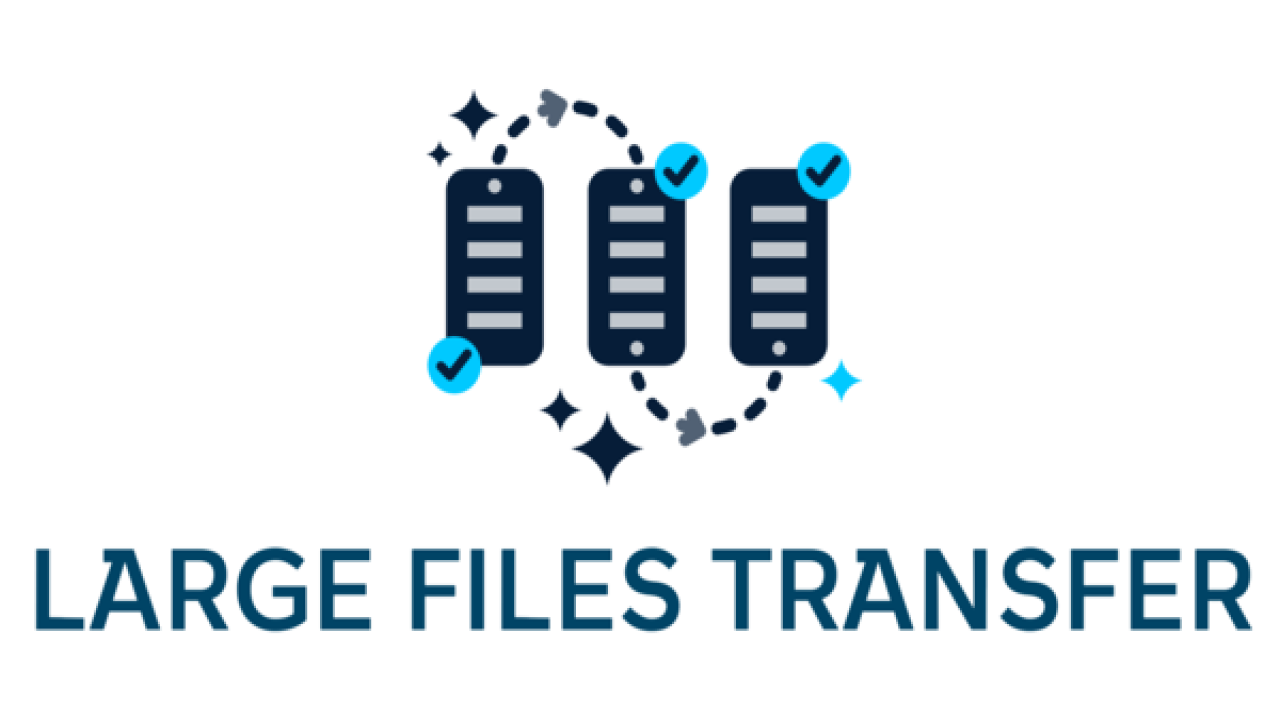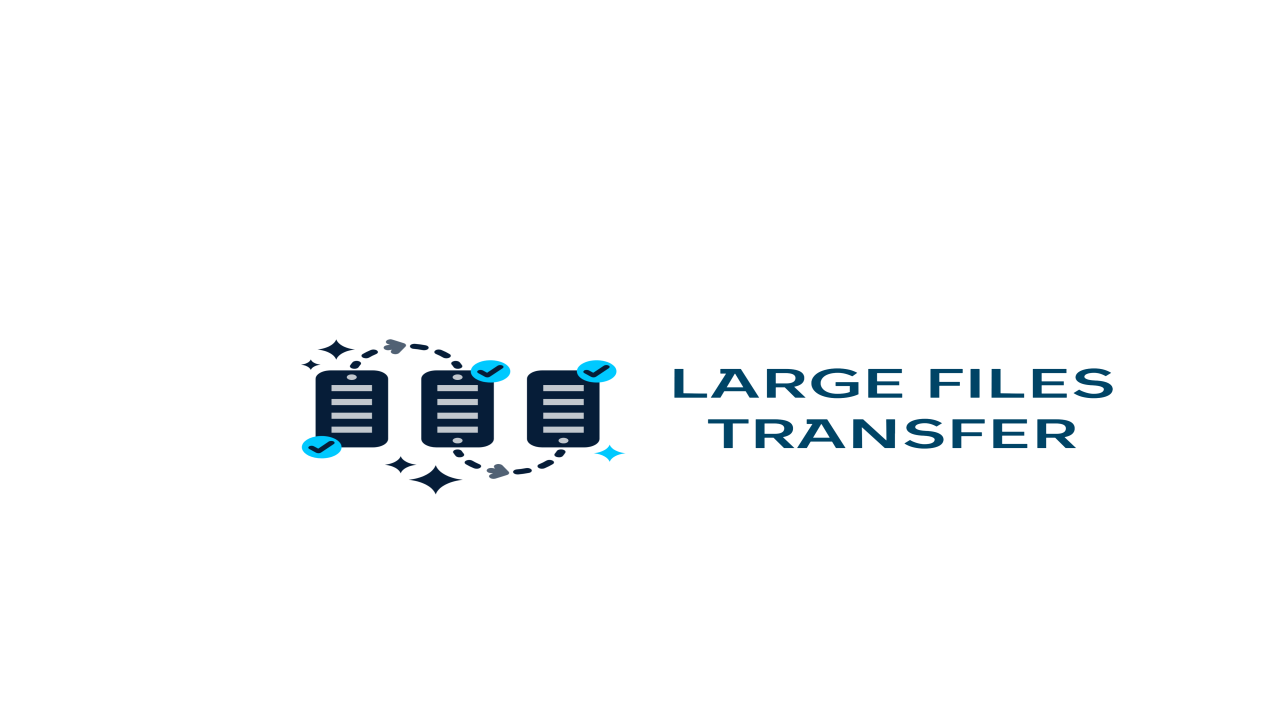The Importance of Secure File Transfer: Safeguarding Your Data in the Digital Age
In today's interconnected world, the seamless exchange of information is vital for businesses, organizations, and individuals alike. Whether it's sharing documents with colleagues, collaborating on projects with remote teams, or transferring sensitive data between clients, the ability to securely transfer files is paramount. However, amidst this necessity for connectivity, the importance of ensuring the security of file transfers cannot be overstated.
The Risks of Insecure File Transfer
Every time a file is transferred over the internet or a network, it is susceptible to various security risks. These risks include interception by malicious actors, unauthorized access, data breaches, and even accidental exposure of sensitive information. Without adequate protection measures in place, valuable data such as personal information, financial records, intellectual property, and confidential documents are vulnerable to exploitation.
Protecting Data Privacy and Confidentiality
One of the primary reasons for prioritizing secure file transfer is to safeguard the privacy and confidentiality of sensitive information. Whether it's customer data, proprietary business information, or legal documents, unauthorized access to such data can have severe consequences, including financial loss, damage to reputation, and legal liabilities. By employing encryption techniques and secure protocols, organizations can ensure that data remains confidential throughout the transfer process, mitigating the risk of data breaches and compliance violations.
Compliance Requirements and Regulatory Standards
In today's regulatory landscape, many industries are subject to stringent compliance requirements governing data protection and privacy. Regulations such as GDPR (General Data Protection Regulation), HIPAA (Health Insurance Portability and Accountability Act), and PCI DSS (Payment Card Industry Data Security Standard) impose strict guidelines for handling sensitive data and mandate the use of secure file transfer protocols. Failure to comply with these regulations can result in significant fines, penalties, and reputational damage. Therefore, implementing secure file transfer practices is not only essential for protecting data but also for ensuring compliance with regulatory standards.
Maintaining Data Integrity and Authenticity
In addition to protecting data confidentiality, secure file transfer mechanisms also play a crucial role in maintaining data integrity and authenticity. By utilizing cryptographic techniques such as digital signatures and hash functions, organizations can verify the integrity of transferred files and confirm their origin. This ensures that files have not been tampered with or altered during transit, providing assurance that the data received is accurate and trustworthy.
Building Trust and Confidence
Beyond the technical aspects, prioritizing secure file transfer is also instrumental in building trust and confidence among stakeholders. Clients, partners, and customers need assurance that their data is handled responsibly and securely. By demonstrating a commitment to protecting sensitive information, organizations can foster trust with their stakeholders, enhance their reputation, and differentiate themselves in the marketplace.
Conclusion
In an era where data breaches and cyber threats are prevalent, the importance of secure file transfer cannot be overstated. Whether it's safeguarding sensitive information, ensuring compliance with regulations, or building trust with stakeholders, implementing robust security measures is imperative for protecting valuable data assets. By prioritizing security in file transfer practices, organizations can mitigate risks, preserve data integrity, and uphold the trust and confidence of their stakeholders in an increasingly interconnected world.






Comments (0)